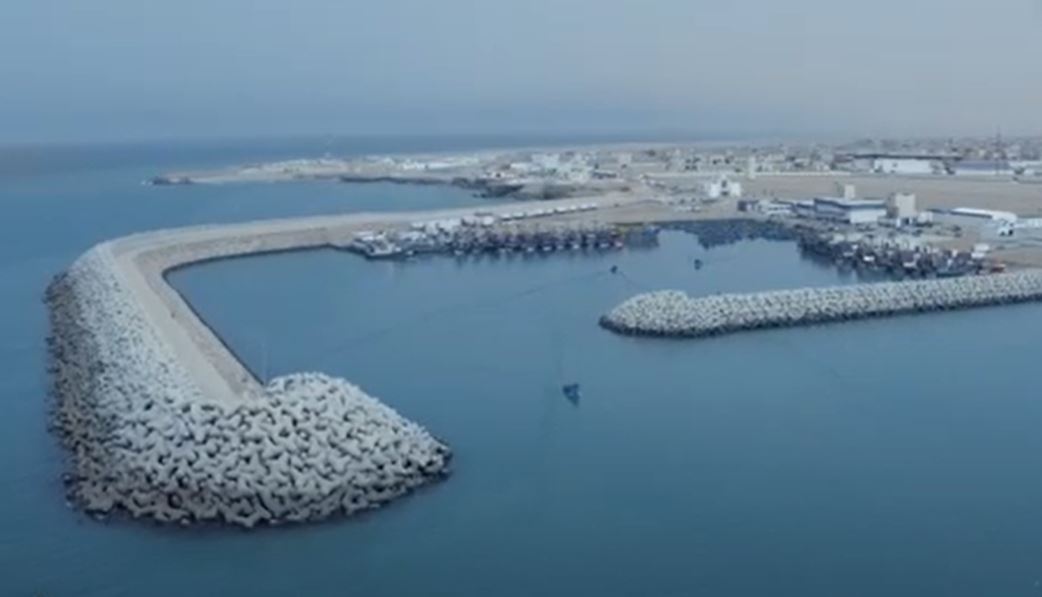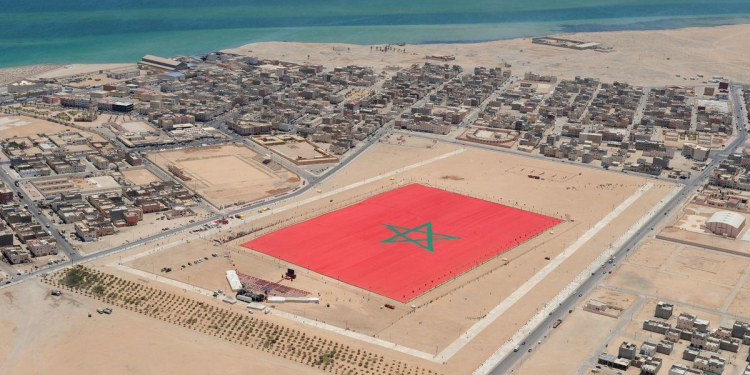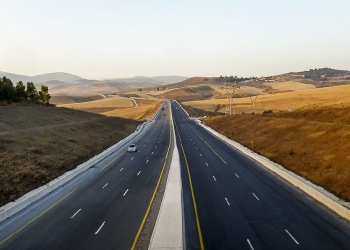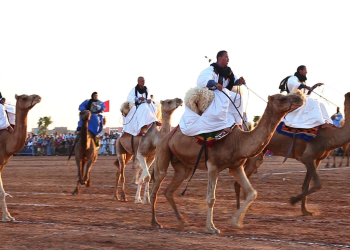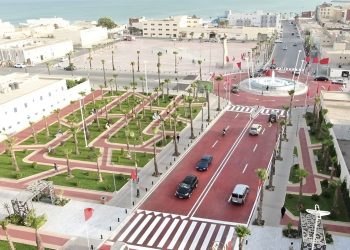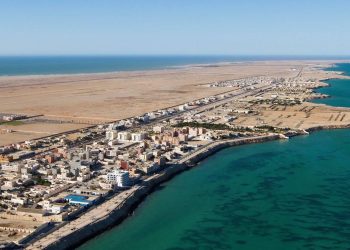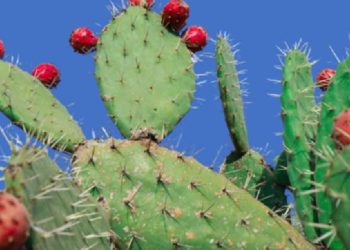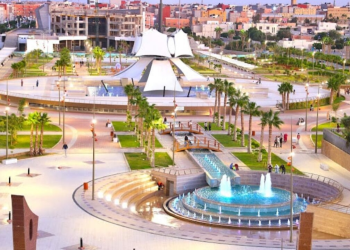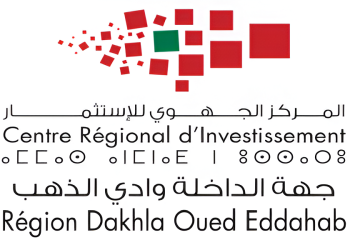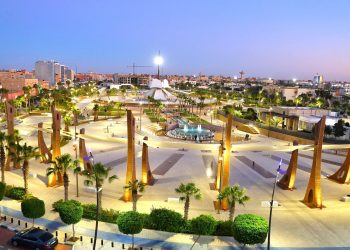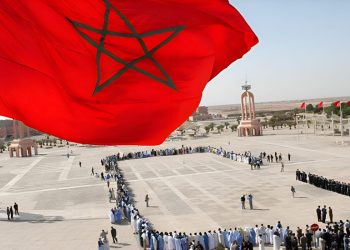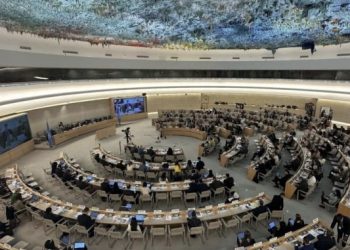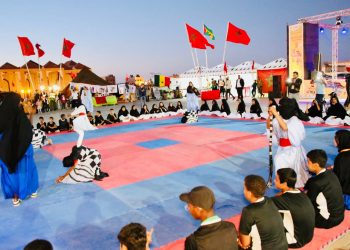الرئيسية
جمهورية مقدونيا الشمالية تعتبر مخطط الحكم الذاتي “الأساس الوحيد” لتسوية قضية الصحراء المغربية
أكدت جمهورية مقدونيا الشمالية أنها "تعتبر مخطط الحكم الذاتي الذي تقدم به المغرب في 2007، الأساس الوحيد لتسوية هذا النزاع". هذا الموقف تم التعبير عنه في الإعلان المشترك، الموقع من قبل وزير الشؤون الخارجية والتعاون الإفريقي والمغاربة المقيمين بالخارج ناصر بوريطة ووزير الشؤون الخارجية والتجارة الخارجية لجمهورية مقدونيا الشمالية تيمتشو موتسونسكي، وذلك قي أعقاب لقائهما يوم الاثنين 21 يوليوز في سكوبي. وجاء في هذا الإعلان المشترك أن السيد موتسونسكي "جدد التأكيد على دعم بلاده طويل الأمد، للمسلسل الذي تقوده الأمم المتحدة من أجل التوصل إلى حل سياسي، عادل ودائم ومقبول من لدن الأطراف". وشدد الإعلان المشترك على أن "المملكة المغربية وجمهورية مقدونيا الشمالية جددتا التزامهما لفائدة ريادة الأمم المتحدة في العملية السياسية، وأعربتا عن دعمهما لقرار مجلس الأمن التابع للأمم المتحدة 2756 ( أكتوبر 2024) الذي أكد على دور ومسؤولية الأطراف في البحث عن حل سياسي واقعي ومستدام، قائم على التوافق". كما جدد الوزيران، من خلال هذا الإعلان المشترك، التأكيد على دعم المغرب ومقدونيا الشمالية "لجهود المبعوث الخاص للأمين العام للأمم المتحدة، وكذا لمهمته الرامية إلى الدفع بالعملية السياسية طبقا لقرارات مجلس الأمن ذات الصلة ومبادئ ميثاق الأمم المتحدة". ويندرج موقف جمهورية مقدونيا الشمالية الجديد في إطار الدينامية الدولية التي يقودها صاحب الجلالة الملك محمد السادس،نصره الله، والداعمة لمبادرة الحكم...
آخر الأخبار
العيون - منظر بانورامي
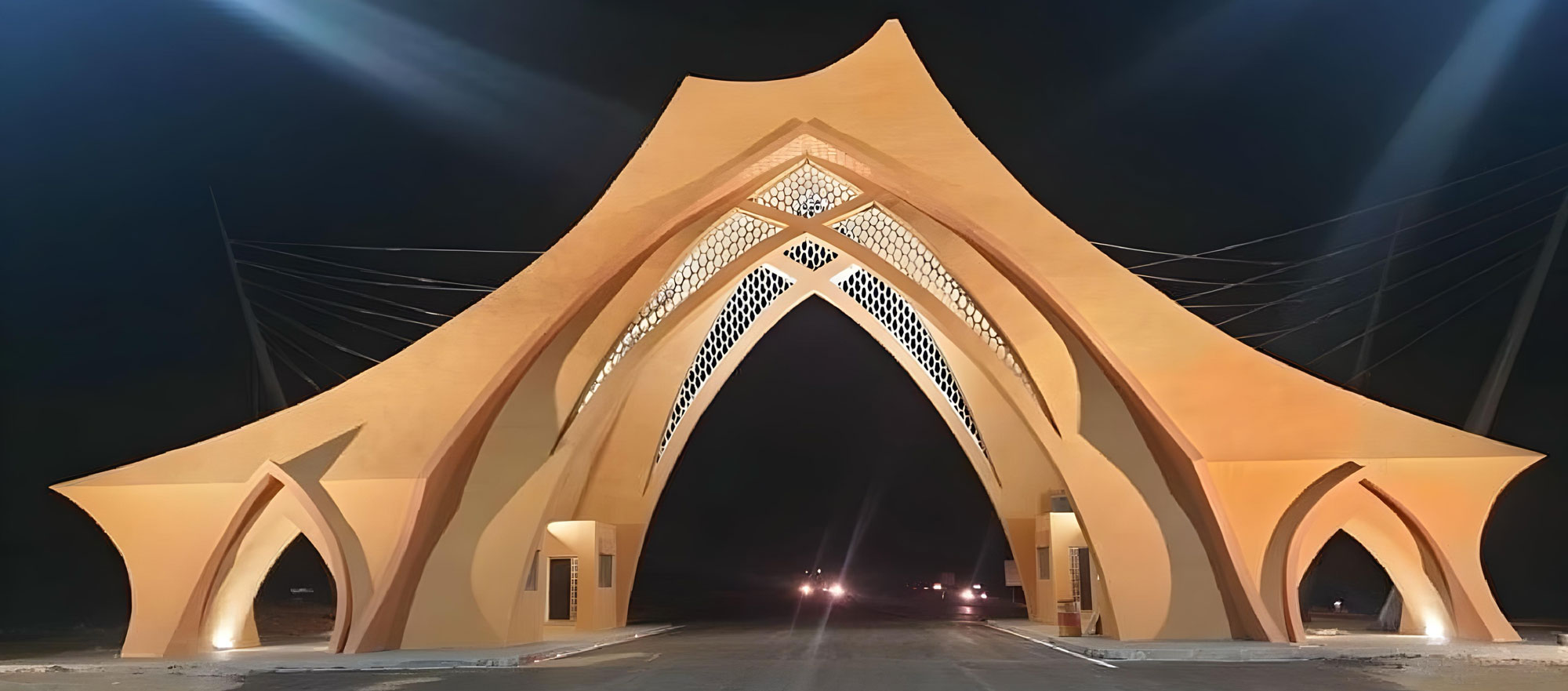
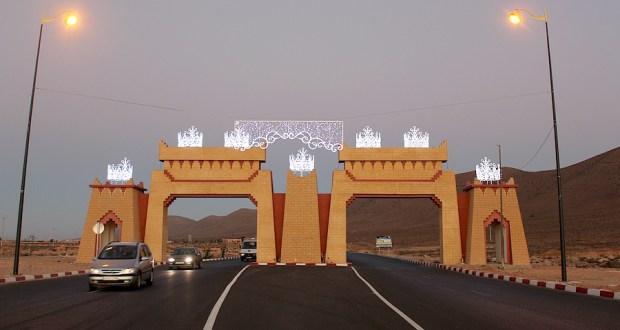
كلميم - منظر بانورامي
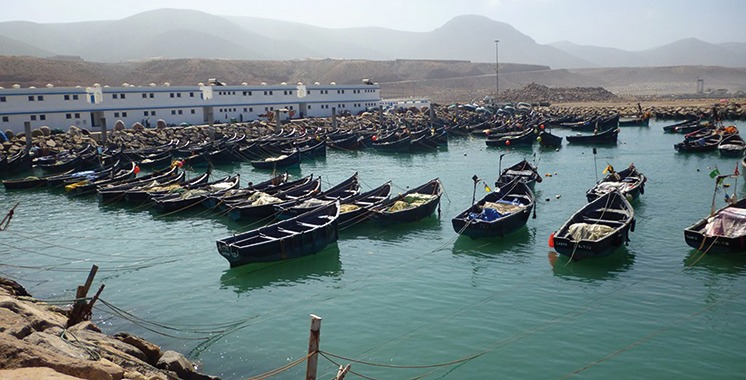
سيدي إفني - منظر بانورامي
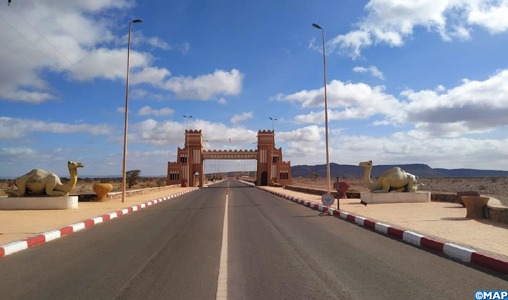
ASSA-ZAG - منظر بانورامي
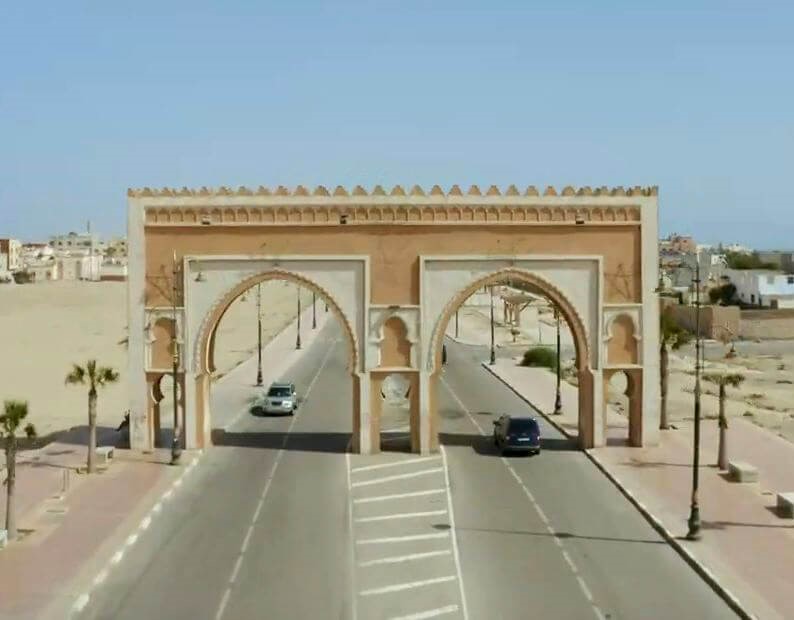
الداخلة - منظر بانورامي
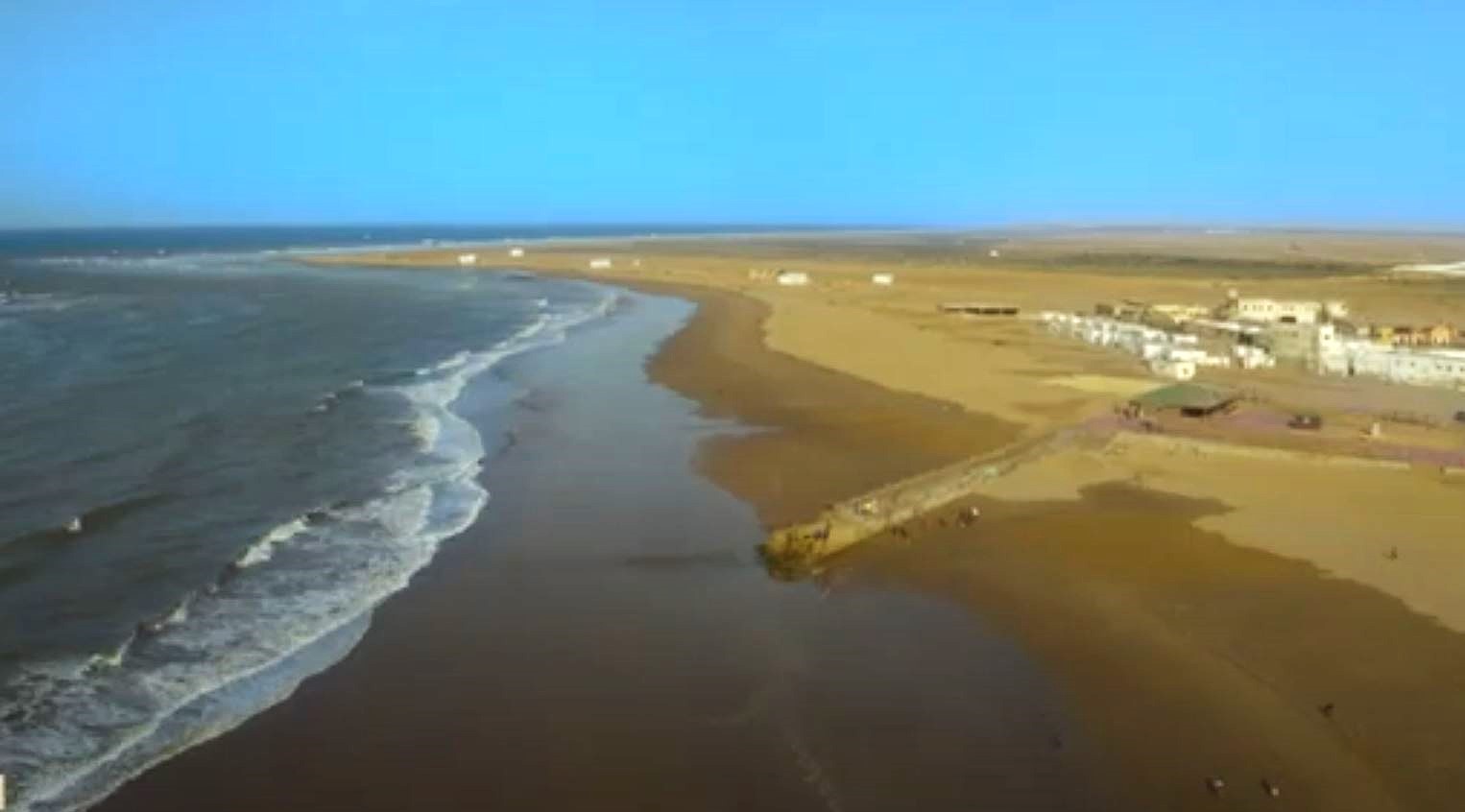
طرفاية - منظر بانورامي
